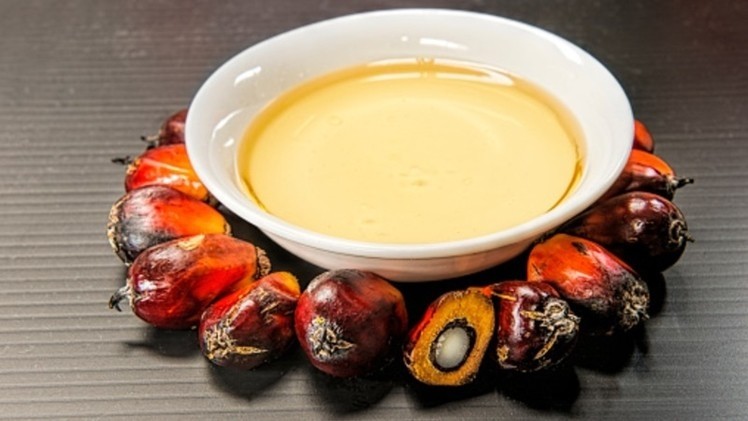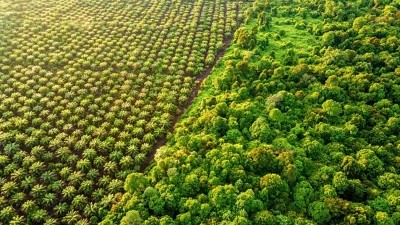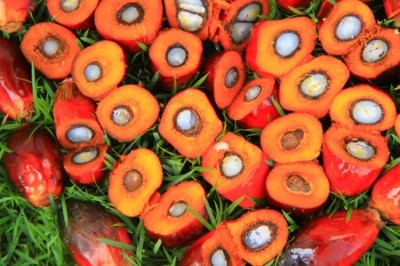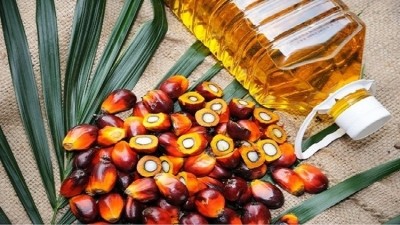Think again: Palm oil sector urges markets to put ‘bias’ aside in light of global vegetable oil shortages

With markets such as the European Union ramping up the pressure on palm oil by pushing forth with sustainability regulatory frameworks that seemingly target the commodity, the impacts of the ongoing Ukraine-Russia war have raised questions over the feasibility of boycotting an entire commodity at a time when vegetable oil supply is at risk of falling short of global requirements.
As it is, industry experts expect the crisis in Ukraine to have a significant impact on APAC countries in terms of a severe drop in vegetable oil supply, with millions of tonnes of oil production expected to be disrupted.
Sunflower oil is likely to be the biggest casualty, as Ukraine produces some 19 million tonnes of this annually, with Ukraine and Russia together making up about 70% of global crude sunflower oil exports (Ukraine usually makes up about half of the export market).
Furthermore, sunflower seeds are generally sown in April and May, and harvested in September – none of which looks likely to take place this year, which will drive sunflower oil supply down and prices up.
As such, food and beverage firms have been urged to look to alternative vegetable oil sources to make up for this lack of supply, with palm oil being one of the top alternative choices – but this is a choice that the EU stands to lose out on if the boycotts on palm oil continue.
“At this point, it would make so much more sense to focus on not boycotting an entire commodity, but on buy-cotting – which is to buy products that you know are made sustainably with sustainable materials,” world’s second-largest palm oil firm Golden Agri-Resources (GAR) Chief Sustainability and Comunications Officer Anita Neville told FoodNavigator-Asia.
“It’s pretty obvious that the plant, oil palm, is not in and of itself bad, but the issues lie with the growing, the management, and so on – all of these things are based on human behaviours, and the fact is that human behaviours can be changes with the right effort and education.
“There is of course still a lot more work to do, but it is beyond time that the international community recognizes that the palm oil sector is putting significant effort into this sustainable transformation – and instead of putting this on black or banned lists, they should instead be mindful of what is conveyed to consumers, and perhaps even look at investing to get the results they want.
“Don’t take it out on a plant. It is both unfair and unreasonable to just flat out say a global crop is not able to every be sustainable without even trying, so instead of boycotting palm oil, buy-cott sustainability as a way to encourage it – the more consumers do this, the more the market and the F&B brands will respond too.”
Backtracking on boycott
In addition to this, perhaps boycotters need to take a long and hard look at recent happenings in the United Kingdom, where heir to British supermarket chain Iceland Richard Walker was forced to make a very public backtrack on his previous 2018 declarations to ban palm oil from its products in the name of deforestation.
In his own words in a public statement, Walker expressed ‘huge regret’ that he would have to basically eat his words, and announced that certified sustainable palm oil would be making a comeback to products in Iceland stores to replace sunflower oil, particularly private label products.
“The only alternative to using palm oil under the current circumstances would simply be to clear our freezers and shelves of a wide range of staples including frozen chips and other potato products,” he stated.
“In many cases we can substitute rapeseed oil, but there are some recipes where the only viable substitute for sunflower oil – either because of its processing properties or taste issues – turns out to be … palm oil.
“So we have agreed to use certified sustainable palm oil – as a last resort and as a strictly temporary measure – in a limited range of Iceland own label products that will begin to appear in our stores from June.”
Walker’s decision at the time in 2018 was part of a joint marketing campaign with NGO Greenpeace, and had touted its palm oil ban as a bid to protect rainforests and wildlife that were supposedly being destroyed due to palm oil plantations.
“Back in 2018, we assessed that this was nothing more than marketing to separate itself in a crowded UK grocery market and be perceived as the ‘good’ guy to consumers prepared to swallow the over-simplified message,” trade consultation firm Article Three Trade Policy Director Khalil Hegarty told us.
“There’s an appalling hypocrisy here: If you first boycott an ingredient – against the expert advice of sustainability experts around the world – and then realise that some of your products rely heavily on this very ingredient, then perhaps you shouldn’t manufacture the products?
“Either you have a consistent principled position, or you don’t. This is a little bit like a vegetarian restaurant arguing, “We just had to use chicken this time, because we couldn’t get tofu, that’s okay isn’t it?”
Hegarty also believes that this backtrack is hardly indicative of Walker’s intentions to truly advocate for sustainability in the world’s largest vegetable oil supply – particularly with the emphasis on this as a ‘last resort’ and a ‘strictly temporary measure’.
“[Currently he is still on the fence due to the supply issues] – around half of Ukraine’s sunflower oil production is in the east with 30% bordering Russia, so exports from here will likely be taken from Western markets over the medium term. He has no alternative, as he stated.
“That is unless he does keep non-palm alternatives, and raises the prices to make these basically uncompetitive – but of course, this would beg the question of whether Western consumers are willing to pay that premium for sustainability.”
This is not the first time that the irreplaceability of palm oil given the industry’s current options has been brought up. Earlier this year we saw supply chain expert Professor Pietro Paganini highlight that the EU was courting trouble with the boycotting of palm oil because ‘palm oil has no alternative’ yet - At this point in time, it looks like he is right.




















